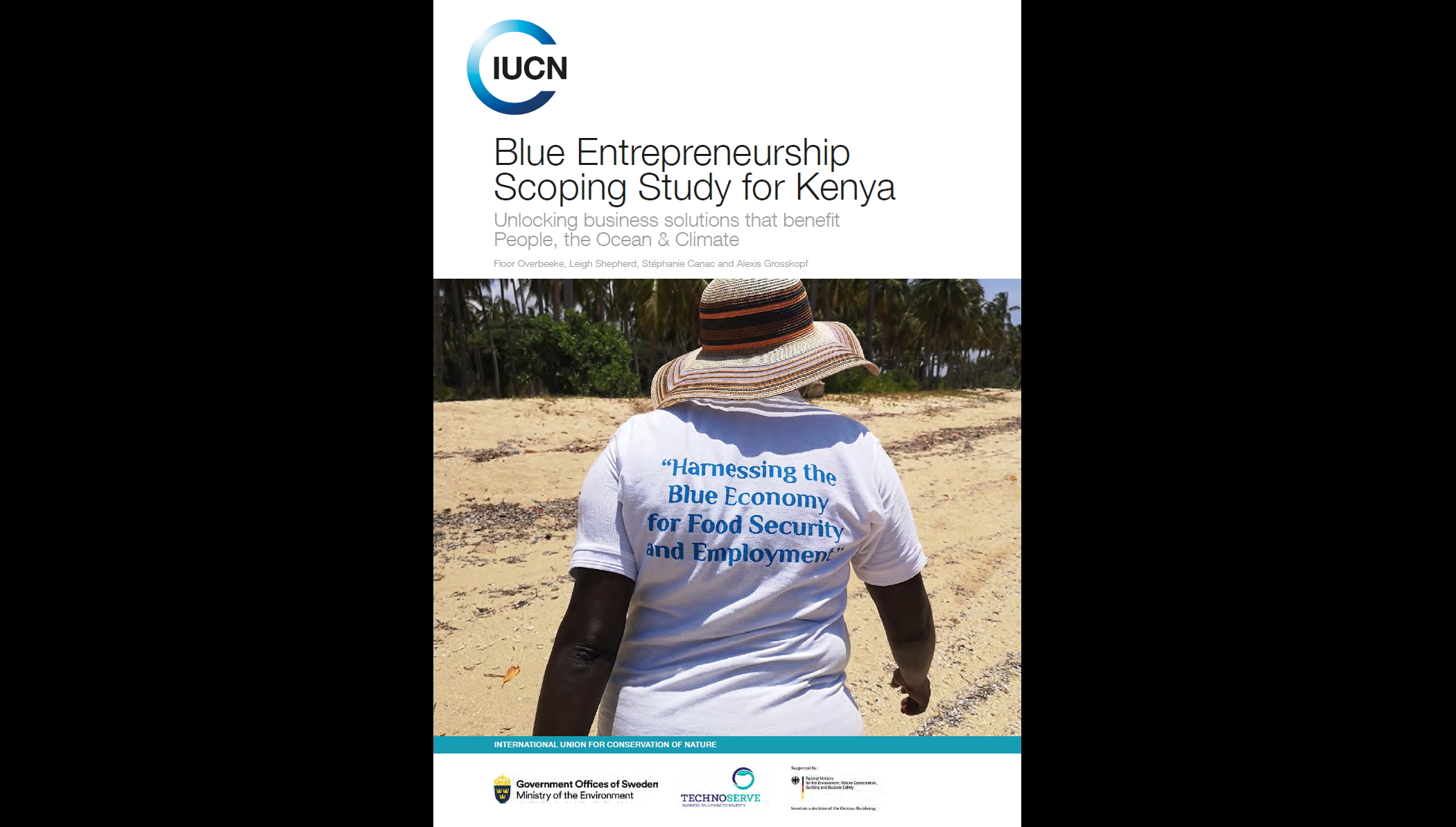IUCN World Commission on Environmental Law Hosts Inaugural Webinar
On 24 April 2020, WCEL hosted the Webinar "Using Environmental Law Tools to Address Global Pandemics". The Webinar is the first in a series that WCEL will be hosting as a new way to engage WCEL membership and partners virtually in global conversations.

Photo: Elizabeth Mrema
The Webinar was moderated by WCEL Deputy Chair Denise Antolini and featured the following presentations by an esteemed group of panelists:
- Spillover: Rethinking our Relationship with Wildlife and Wild Places, Presented by Christian Walzer, Executive Director of Wildlife Health for the Wildlife Conservation Society
- Addressing the Coronavirus (COVID-19): A Legal Perspective, Presented by Professor Nicholas Robinson, WCEL Chair Emeritus and Professor of Law at the Elisabeth Haub School of Law
- Reducing Biodiversity Loss: At the Crossroads of Human, Ecosystems and Animal Health, Presented by Elizabeth Mrema, WCEL Steering Committee Member and Acting Executive Secretary Secretariat of the Convention on Biological Diversity
Dr. Christian Walzer explained zoonoses are diseases the move between animals and humans and 72% of all zoonotic Emerging Infectious Diseases (EIDs) originate in wildlife. He proposed mainstreaming the 2019 Berlin Principles on One Health which recognize the need to conserve biodiversity which, interwoven with intact and functional ecosystems, provides the critical foundational infrastructure of life, health, and well-being on our planet. Dr. Walzer further proposed permanently banning the commercial trade in wildlife for consumption, strengthening efforts to combat trafficking of wild animals within countries and across borders, and working to change dangerous wildlife consumption behaviors, especially in cities.
Prof. Nicholas Robinson reiterated that human, animal, plant and environmental health and well-being are all intrinsically connected and profoundly influenced by human activities. He noted that legal instruments and tools exist today to address future novel coronavirus pandemics. He proposed we look to principles in environmental law including the 1982 UN World Charter for Nature which states "nature shall be respected and its essential processes shall not be impaired". He also advised decisionmakers apply the precautionary principle, which states "if a threat of serious damage exists, a lack of full scientific knowledge should not delay containment or remedial steps" (1992 Rio Declaration on Environment and Development).
Ms. Elizabeth Mrema noted this is a crucial time in the history of mankind for people, nature and indeed the whole planet. She urged the need to implement commitments under the 2030 Agenda for Sustainable Development, the Paris Agreement, and the future Post-2020 Global Biodiversity Framework. Ms. Mrema also exmphasized the need to harness positive forces to achieve the shared and interdependent goals of healthy societies and a healthy planet.
The full Webinar is available here:



